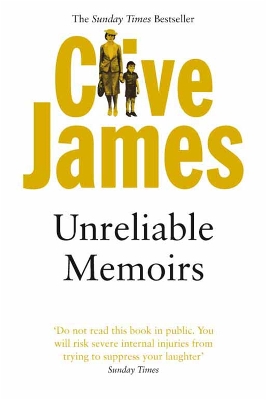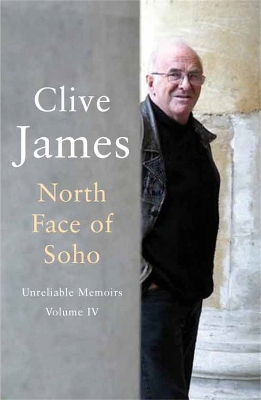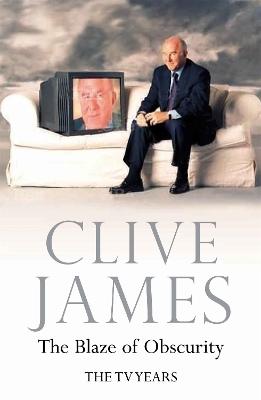Unreliable Memoirs
5 total works
When we last met our hero in Unreliable Memoirs, he had set sail from Sydney Harbour bound for London, fame and fortune. Idealistic and uncompromising, if short on cash, he planned to engage himself in a low-paying menial job by day and to compose poetical masterpieces by night. Having promised himself he would never succumb to such stop-gap occupations as publishing or advertising, he was happily unsuccessful in landing in either job - at least initially. Positions with London Transport and as a wine expert were likewise denied him.
Scarcely daunted, he moved purposefully beyond 'the Valley of Kangaroos' (otherwise known as Earl's Court) into a bed and breakfast in a Swiss Cottage where he thoughtfully practised the Twist in his room, anticipated the poetical masterpieces and worried a little about his wardrobe.
'A comic triumph, full of terrific jokes and brilliantly sustained setpieces' Ian Hamilton, London Review of Books
‘I was born in 1939. The other big event of that year was the outbreak of the Second World War, but for the moment, that did not affect me.’
In Unreliable Memoirs, the first instalment of Clive James’s memoirs, we meet the young Clive, dressed in short trousers, and wrestling with the demands of school, various relatives and the occasional snake, in the suburbs of post-war Sydney. His adventures are hilarious, his recounting of them even more so, in this – the book that started it all . . .
Continue Clive's story with more of his memoirs: Falling Towards England, May Week Was In June, North Face of Soho, and The Blaze of Obscurity.
`Somebody once said that a trilogy ought ideally to consist of two volumes. Unfortunately he never said anything else, so his name is forgotten.'
Falling Towards England, the second volume of Clive James' Unreliable Memoirs, was meant to be the last. Thankfully it is not. When we last met our hero he was living a hand-to-mouth existence while London was swinging its way into the Sixties. Pembroke College, Cambridge offered a way out, if not up. Here Clive threw himself into Footlights, film reviewing, writing poetry, falling in love (often), anything so long as it wasn't on the curriculum. He became literary editor of Granta, wrote for the New Statesman, took Footlights to the Edinburgh Fringe, and worked on Expresso Drongo , arguably the worst film ever screened at the NFT. Then during May Week, which was not only in June but was two weeks long, he married . . . and most of the rest is history. Inevitably sharp and always outrageously funny, Clive James is perhaps the most brilliant on the subject he knows best: himself.
`James, in an equivocal and not necessarily disparaging sense of the world, is a conceited writer, the Cleveland of modern English prose, every line propelled by a firecracker witticism . . . It's a funny book' Frank Kermode, London Review of Books
`Nobody writes like Clive James; he has invented a style' Spectator
`In his prose, he can turn phrases, mix together cleverness and clownishness, and achieve a fluency and a level of wit that make his pages truly shimmer . . . May Week Was In June is vintage James' Financial Times
"His proses mixes together cleverness and clownishness, and achieves a fluency and a level of wit that makes his pages truly shimmer." - "Financial Times."



